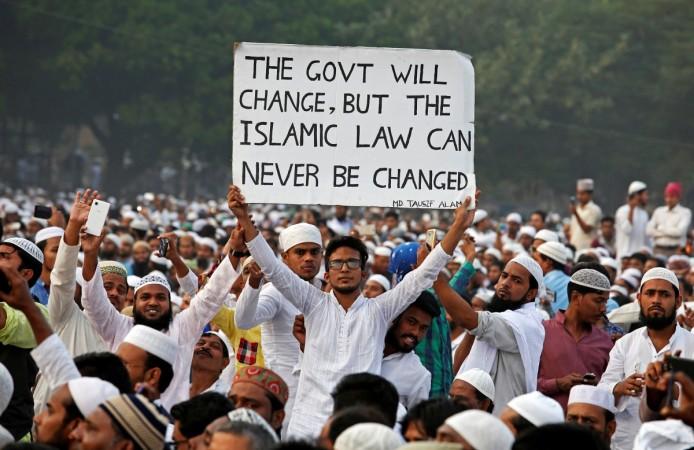
A Uniform Civil Code for all communities in India is neither "necessary nor desirable" at this stage, the Law Commission of India said in its 'Consultation Paper on Family Law Reforms' that was released on Friday, August 31.
The Law Commission – headed by Justice B S Chauhan, whose term ended on Friday, August 31 –came out with a Consultation Paper on Reform of Family Law, in response to a reference it had received from the Narendra Modi government on June 17, 2016 to "examine matters in relation to uniform civil code", The New Indian Express states.
The consultation paper states that the Law Commission has "dealt with laws that are discriminatory rather than providing a uniform civil code which is neither necessary nor desirable at this stage. Most countries are now moving towards recognition of difference, and the mere existence of difference does not imply discrimination, but is indicative of a robust democracy".
According to reports, the commission goes on to emphasise that celebration of the diversity of Indian culture must not disprivilege specific groups and "women must be guaranteed their freedom of faith without any compromise on their right to equality" as it would be unfair to make women choose between one or the other.
Citing sati, devadasi, triple talaq and child marriage as examples of 'social evils' under the garb of religious customs, the commission has observed that these "practices do not conform with basic tenets of human rights and nor are they essential to religion".
"The issue of uniform civil code is vast, and its potential repercussions, untested in India," Judge Chauhan said to Hindustan Times. The panel further said that the mere existence of a difference in a country does not imply discrimination, but is indicative of a robust democracy. Most countries, the panel said, are moving towards recognition of differences.
Some of the other significant recommendations of the commission include compulsory marriage registration, rectifying the inequality in the age of consent for marriage (18 for girls 21 for boys) as it "simply contributes to the stereotype that wives must be younger than their husbands".
It also calls for allowing transgender persons to adopt, an introduction of a new grounds for 'no-fault' divorce, taking "the best interest of the child" as the basis for matters of custody, and defining the rights of persons with disabilities within marriage.
The UCC has been a long-standing poll promise and ideological position of the ruling Bharatiya Janata Party (BJP) but many minority groups have opposed it because they see it as an effort to erase their cultural and religious identities.












